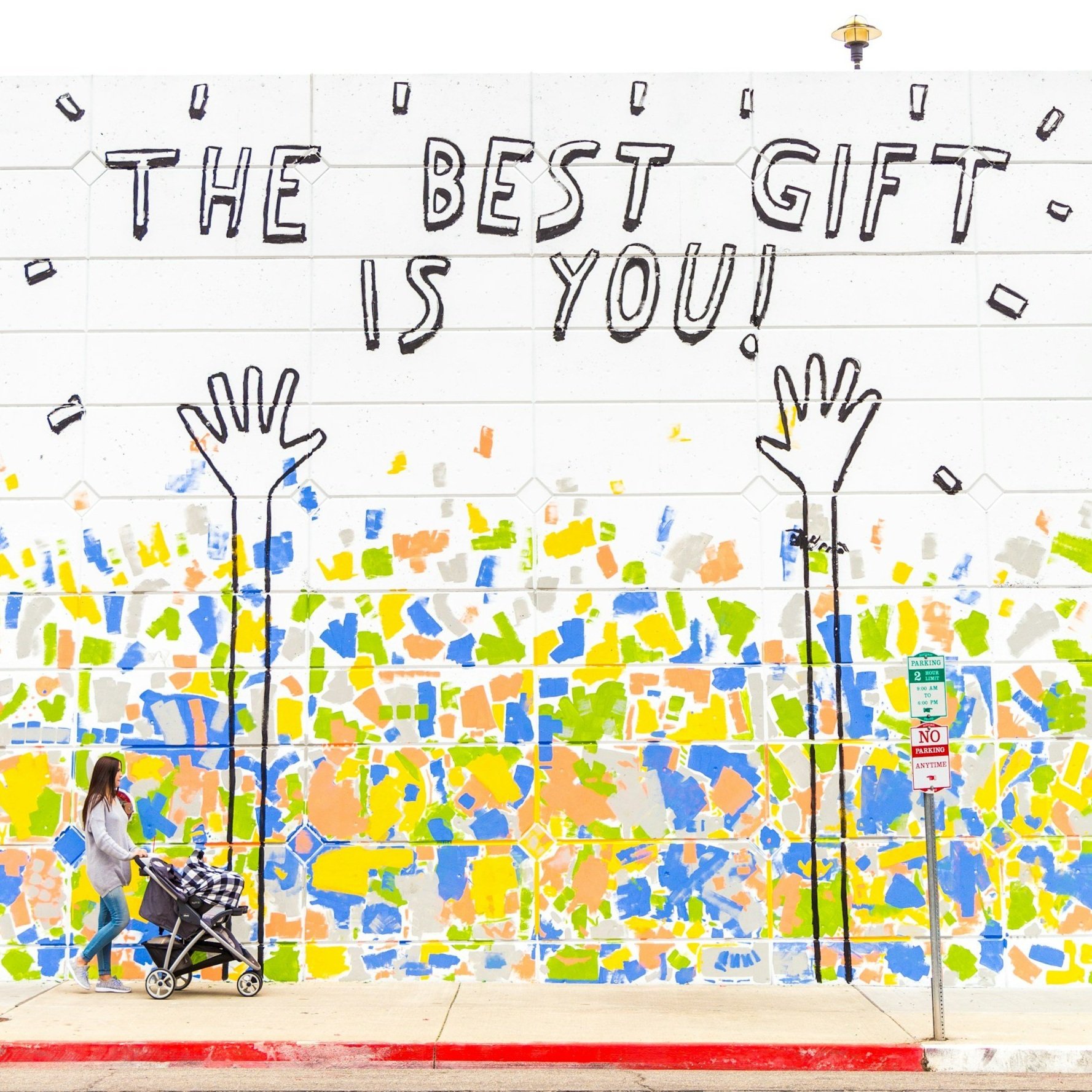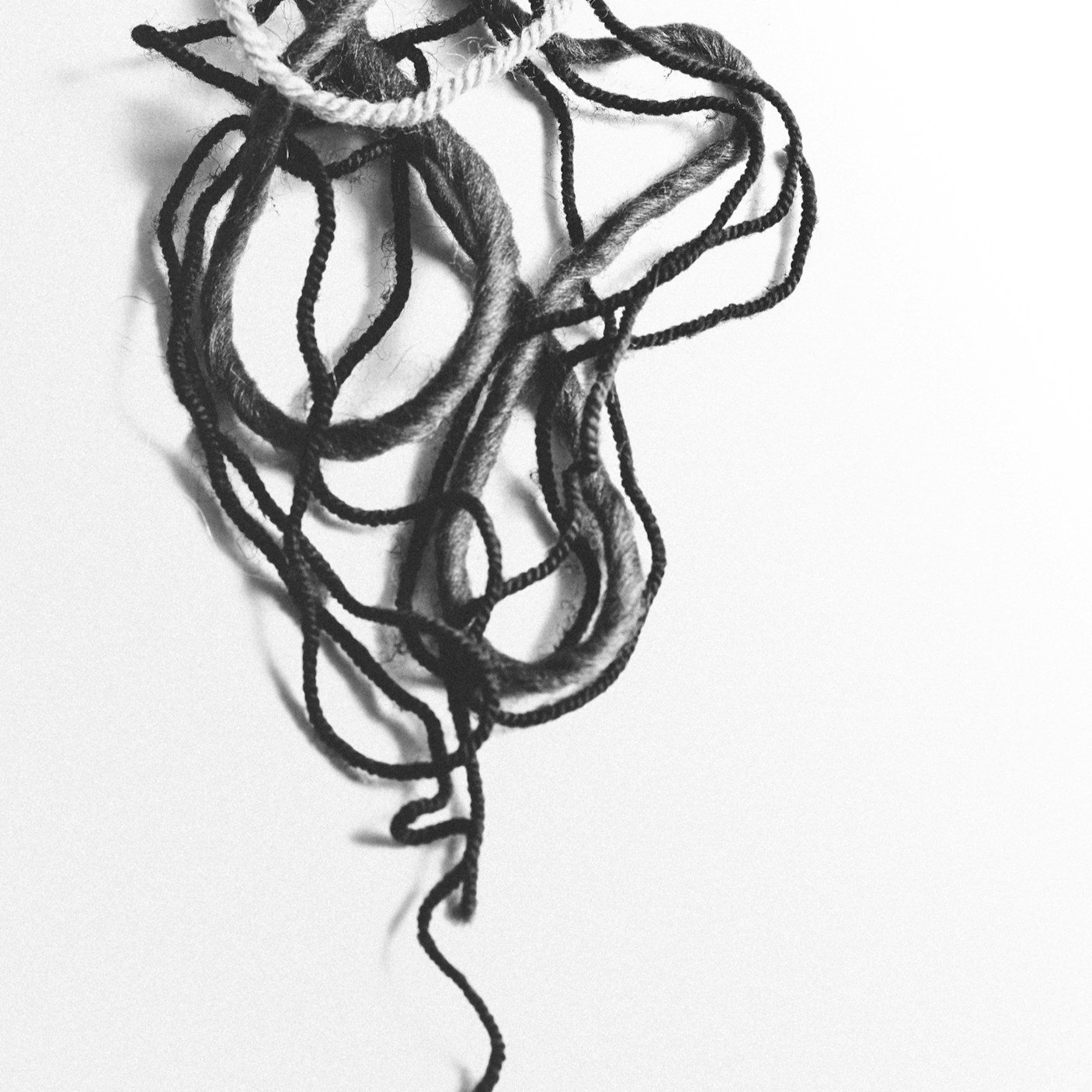Read excerpts from Psychology Today below, and click to see full articles!

12 Truths About Relating in Our Families
The discourse around family relationships has become all or nothing. Either we need to accept family members exactly as they are, or we have to cut them off entirely. Either they need to be met with gratitude, or they need to be held accountable.

How to Use Affirmations to Cope With Difficult Family Members
People dread seeing difficult family members for all sorts of reasons. They despair at putting up with a difficult personality, intrusive questions, feeling unseen, and others’ unwillingness to change.

4 Things Parents Need to Tell Their Adult Children
I spend most of my clinical time helping clients, both adult children and their parents, negotiate the sometimes treacherous, painful territory of parent/child relationships. And while the scenarios and specifics change, adult children return to the same few core needs again and again.

4 Ways You Might Make Family Fights Worse
Family dysfunction is at the heart of my clinical work. And so I often hear tales of “insufferable” family members who make every gathering, worse. And while difficult family members are a given, it also helps to take a look in the mirror and notice how you may be contributing to unhealthy relational dynamics.

6 Reasons Why People Stay in Failing Relationships
Again and again, people stay in painful, unhealthy, dysfunctional romantic relationships. From the outside, leaving seems obvious. To those living it? Not so much. Here are six reasons people stay.

5 Key Challenges an Only Child May Face
Before becoming a therapist, I had no idea what it meant to “hold space” for somebody. I’d never heard the term. But now, the term proliferates social media and serves as the foundation of mine (and most other therapists') work. Holding space is the backbone of supportive relationships and bridges the gap between two people when one person is in distress.

6 Steps to Get Through a Tough Conversation
Before becoming a therapist, I had no idea what it meant to “hold space” for somebody. I’d never heard the term. But now, the term proliferates social media and serves as the foundation of mine (and most other therapists') work. Holding space is the backbone of supportive relationships and bridges the gap between two people when one person is in distress.


8 Steps to Letting Other People Down
An underrated skill of adulthood is learning to disappoint others. Sounds strange, right? But it's true.

Are Self-Compassion and Self-Forgiveness the Same Thing?
Self-compassion and self-forgiveness are both foundational to a person's well-being and have over and over transformed my therapy clients' lives. And while the terms are sometimes spoken of together, they are slightly different concepts that help one another.

How to Make Affirmations Stick
Affirmations have long been a part of the self-help toolbox, offering a way to address your most deeply rooted insecurities by reminding yourself that you are loved, you are worthy, and you are beautiful. Affirmations include variations like putting a hand on one's heart, looking in the mirror, and leaving Post-It notes around your home with the desired message. The thinking goes that, with time, you can convince yourself of your own OK-ness through repetition. You can fake it till you make it and then, one day, become it.

4 Tips to Get Through Difficult Family Meals
For many, getting together with the family brings out old dynamics, issues, wounds, and conversations that can feel emotionally exhausting. Here are some tips for maintaining your emotional well-being if you’re anticipating a difficult time with family.

5 Steps to Healing if a Family Member Won't Change
We cannot make others change, even when their behavior is harmful, mean, passive-aggressive, or racist. This is particularly devastating for those hoping that their parent, sibling, or extended family member will listen to reason and do better.

Why Some Parents and Adult Children Just Can't Get Along
The internet is awash in information about parents and adult children who struggle to get along. Reasons for dysfunction include past child abuse, drug addiction, boundary issues, and poor communication. But sometimes, parents and adult children do not get along for a far more boring reason: They have nothing in common.

3 Parental Beliefs That Poison Relationships With Adult Kids
At the heart of many adult child/parent relationship issues are stories that parents tell themselves about their role in their child’s life. Unweaving these narratives and finding new ways of thinking and acting offers opportunities for families to grow into a healthier place.

When Parents Won't Say No to Their Adult Children
Much is said about parents who struggle or refuse to respect their adult children’s boundaries, asking unwanted questions or offering unsolicited advice. But there is another type of boundary issue that creates problems in families with adult children, though in a subtler, less obvious way. Some parents struggle to set their own boundaries with adult children. In contrast to the parent who hates to hear no from their adult child, this parent never says no themselves.

1 Sure Way to Improve Relationships With Adult Children
Much of my day is spent helping parents and adult children navigate the sometimes dicey waters of adult child/parent relationships. While there are many interventions I do with the families that I work with, this one is one of my favorites.

How Parents and Adult Children Can Stop Fighting
When I work with adult children or their parents (or both), they typically report a variation of similar scenarios.

What's the Difference Between Healthy and Unhealthy Guilt?
Guilt is the feeling that bubbles up in us when we feel that we have done something wrong. When healthy, guilt serves a positive purpose. It helps us see when we've wronged somebody, it encourages us to make amends and improve, and it helps us maintain healthy relationships. The capacity to feel appropriately guilty shows that we have a strong inner compass. It motivates us to change our behavior to avoid future harm.

What Does It Mean to Hold Space?
Before becoming a therapist, I had no idea what it meant to “hold space” for somebody. I’d never heard the term. But now, the term proliferates social media and serves as the foundation of mine (and most other therapists') work. Holding space is the backbone of supportive relationships and bridges the gap between two people when one person is in distress.

